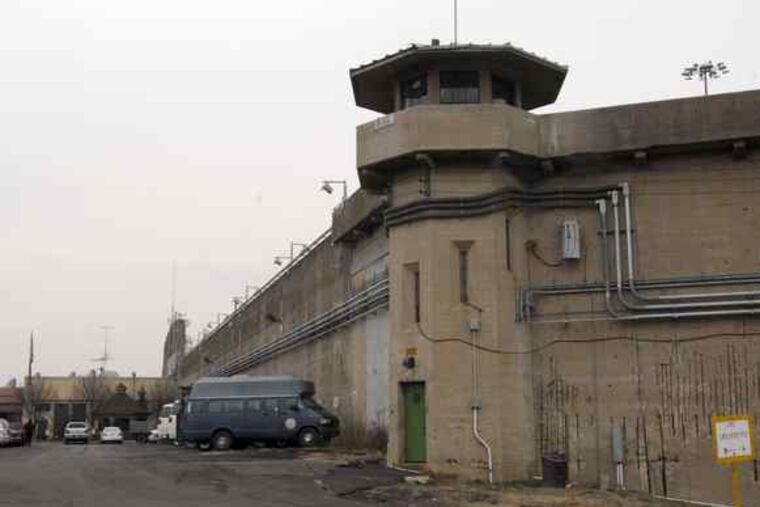Prison gerrymandering unfair to Philadelphia and other cities | Editorial
The new focus on gerrymandering bodes well for an important subset of the issue: “prison gerrymandering,” the impact of a huge prison population that advocates fear is compromising fair representation and apportionment of political power.

It is surprising — and encouraging — how two decidedly wonky subjects like the U.S. Census and political redistricting have become such hotly debated topics among the public in the last year or so.
The attempts of Pennsylvania lawmakers to retain control of drawing lopsided congressional districts last year ended when the State Supreme Court intervened and issued a new congressional map; that ruling was upheld by the U.S. Supreme Court. (Ironically, the U.S. Supreme Court recently ruled that courts could no longer intervene in redistricting battles.)
The debate over adding a citizenship question to the U.S. Census has not been definitively settled, despite a separate Supreme Court ruling barring the inclusion of the question. But both of these issues sit at the crux of our democracy: that everyone counts, and every person gets a vote.
The new focus on gerrymandering bodes well for an important subset of the issue: “prison gerrymandering,” the impact of a huge prison population that advocates fear is compromising fair representation and apportionment of political power.
The fact that most states prohibit those in prison from voting, combined with the standard practice of the U.S. Census to count a prisoner’s residence as the prison where they’re serving time rather than their original home address, has sparked new attention on how this can distort democracy.
The method of counting prisoners creates false counts of populations based on locations of prisons, and as a result, can unfairly favor white rural voters — where many prisons are located — at the expense of urban voters.
According to an Inquirer report by Jonathan Lai, a new study by two Villanova researchers suggests prison gerrymandering is a particular problem for Philadelphia. The authors, Brianna Remster and Rory Kramer, found that if prisoners were counted based on their home addresses rather than prisons, the city could gain at least one, if not two majority-minority state House districts.
The implications go well beyond Philadelphia. A mass incarceration movement over the last few decades had put a disproportionate number of African Americans behind bars.
Many of the prisons holding these people are in rural areas with low populations. When prisoners are counted as residents of the towns where they are serving time — not the communities they come from — those numbers have a direct impact on political power and resources. The Villanova researchers also point out that the practice harms the communities from which prisoners come whose populations (and needs) end up being undercounted.
This is a problem that is easily fixed — logistically if not politically. For example, the state of Washington recently followed the example of New York, Maryland, Delaware, and California by requiring prisoners to be counted at their pre-incarceration address. In Pennsylvania, state Rep. Joanna McClinton (D., Philadelphia) has introduced a bill to have prisoners counted at their home addresses for redistricting purposes. Governor Wolf has signaled his support for making that change. Rural areas have too much to lose to have this be an easy consensus, but this city and others have too much to gain that makes the fight worthwhile.